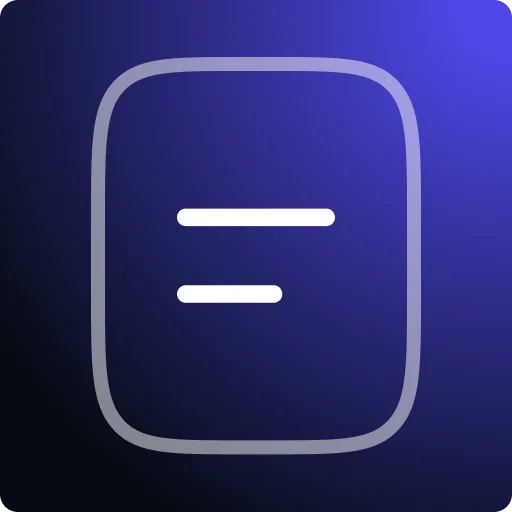Gluecharm vs Codex
In the clash of Gluecharm vs Codex, which AI Code Assistant tool emerges victorious? We assess reviews, pricing, alternatives, features, upvotes, and more.
When we put Gluecharm and Codex head to head, which one emerges as the victor?
Let's take a closer look at Gluecharm and Codex, both of which are AI-driven code assistant tools, and see what sets them apart. The users have made their preference clear, Gluecharm leads in upvotes. Gluecharm has received 6 upvotes from aitools.fyi users, while Codex has received 5 upvotes.
Disagree with the result? Upvote your favorite tool and help it win!
Gluecharm

What is Gluecharm ?
Gluecharm serves as an AI Copilot specifically designed for software product teams, offering a suite of features to expedite the transformation of product ideas into detailed software specifications. With its AI-powered platform, Gluecharm targets Product Owners, Business Analysts, and Developers, enabling them to create specifications up to ten times faster than traditional methods.
This innovative solution aims to mitigate common issues such as unclear requirements and internal conflicts that often lead to project failures. By incorporating Gluecharm's system into their workflow, product teams can enjoy substantial cost savings and prevent costly errors and delays, ensuring a smoother path from concept to completion.
Codex

What is Codex?
OpenAI Codex is the latest advancement from OpenAI, a cutting-edge AI system designed to understand and translate natural language into code. This powerful tool is now available through a private API in private beta, broadening its accessibility for businesses and developers aiming to create more intuitive natural language interfaces for their applications.
OpenAI Codex excels at a range of programming tasks, including transpilation, code explanation, and refactoring. It supports a wide array of programming languages such as Python, JavaScript, Go, Perl, PHP, Ruby, Swift, TypeScript, and even Shell, making it an incredibly versatile coding assistant. Its 14KB memory for Python code means it can handle complex contextual information with ease, offering more comprehensive coding solutions compared to its predecessor, GPT-3. OpenAI Codex not only boosts productivity by simplifying the coding process but also lowers the barrier to entry for programming, opening doors for non-coders to interact with software in a more manageable way.
Gluecharm Upvotes
Codex Upvotes
Gluecharm Top Features
AI-Powered Specifications: Instantly transforms product ideas into detailed software specifications.
Enhanced Productivity: Streamlines communication, reducing errors and refining processes within teams.
Speed and Efficiency: Aids in creating comprehensive specifications 10x faster than conventional methods.
Automation: Utilizes AI-driven suggestions and automation to accelerate work while allowing teams to focus on refinement.
Impressive ROI: Offers substantial return on investment by enhancing clarity and productivity in team operations.
Codex Top Features
Improved AI System: OpenAI Codex is an advanced system that turns natural language into code.
Support for Multiple Programming Languages: Capable in Python, JavaScript, Go, Perl, PHP, Ruby, Swift, TypeScript, and Shell.
Larger Contextual Memory: Offers a 14KB memory for Python code, allowing for complex tasks.
Versatile Functionality: Suitable for transpilation, code explanation, and refactoring.
Accessibility through API: Released in private beta for developers and businesses to build upon.
Gluecharm Category
- Code Assistant
Codex Category
- Code Assistant
Gluecharm Pricing Type
- Freemium
Codex Pricing Type
- Freemium
